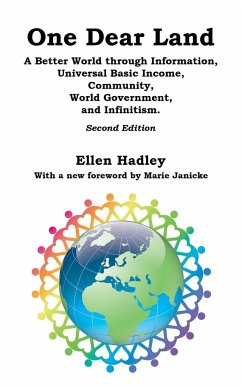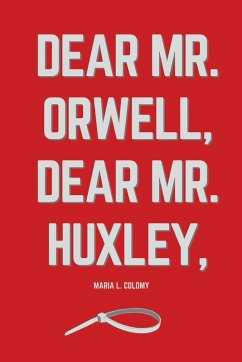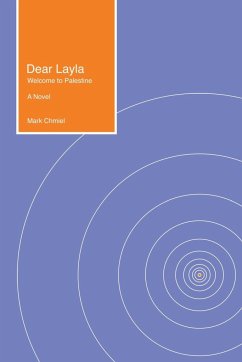
One Dear Land
A Better World Through Information, Universal Basic Income, Community, World Government, and Infinitism

PAYBACK Punkte
11 °P sammeln!
Imagine in your next life you might be in any random situation (ignorant, poor, unhealthy, living with war or a mentally-ill family member, etc.) and you can't predict it. What changes would this make you want in our systems of information, economics, community, government, and religion? If you decide to work for one of these changes now, which should you pursue? It might seem prudent to focus on one in isolation, but it wouldn't be enough. Other systems could work against it. And, though you might initially get more allies than if you talked about other systems, you could lose those allies if...
Imagine in your next life you might be in any random situation (ignorant, poor, unhealthy, living with war or a mentally-ill family member, etc.) and you can't predict it. What changes would this make you want in our systems of information, economics, community, government, and religion? If you decide to work for one of these changes now, which should you pursue? It might seem prudent to focus on one in isolation, but it wouldn't be enough. Other systems could work against it. And, though you might initially get more allies than if you talked about other systems, you could lose those allies if they began to suspect your overall vision conflicted with theirs. By looking at how changes in many systems fit together from as many perspectives as possible, you might be able to reach deeper agreement with others on a big-picture vision. Then, you could move the components forward together with greater trust, watching each system changing and facilitating change in the others. That's what this book, first written in 1990 yet amazingly relevant, tries to do, both in essay and in novel form. The essay discusses the internet, free enterprise enhanced by universal basic income (UBI), community centers with publicly-funded workers providing universal basic services at UBI-affordable prices, world government, and a religion that helps people identify with the plights of others. The novel tells an inspiring human story of a couple as they marry and become grandparents while helping to develop these systems. This second edition has a new foreword to help integrate these ideas into the real world. It will be wonderful if any of the ideas in this book stimulate you. Even better, this book may help you develop a cohesive worldview, perhaps even one you can share with others in moving our world forward.













